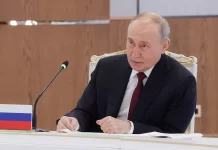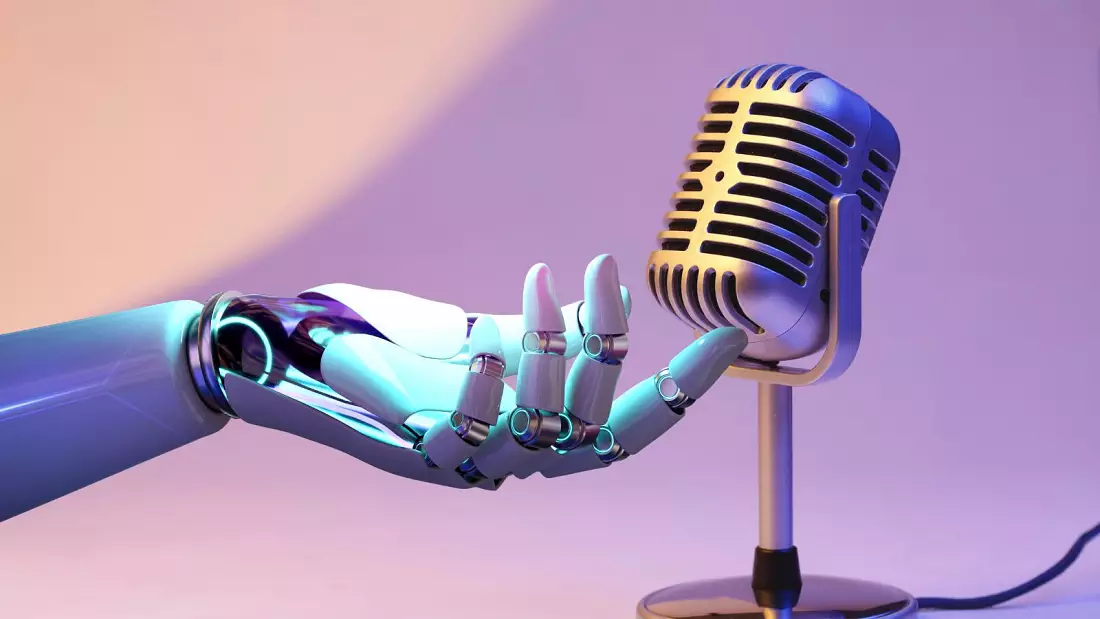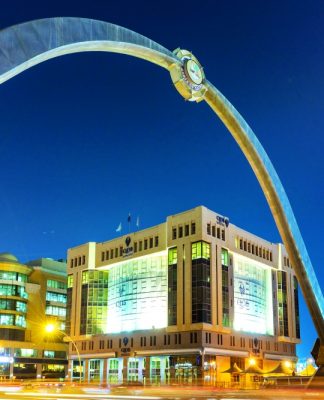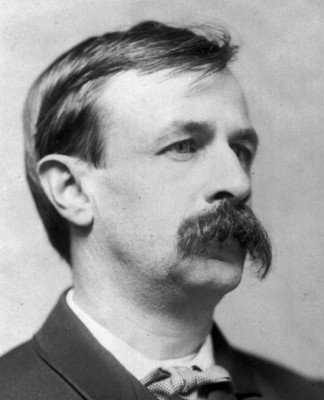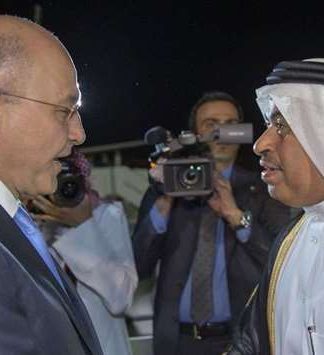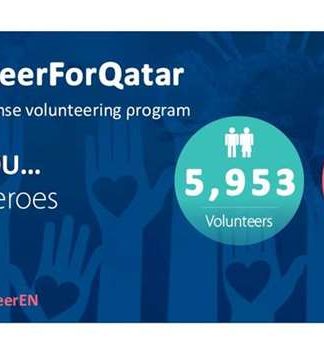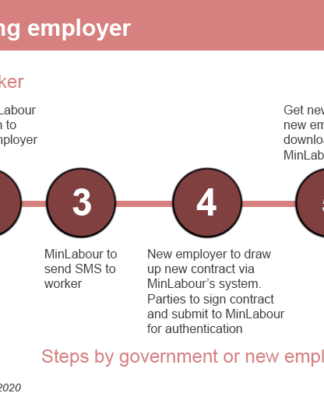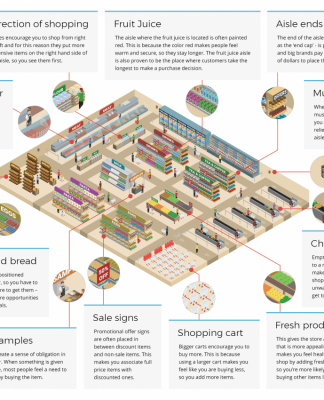BIZTECH NEWS
AI Song Contest: The Eurovision spin-off where music is written by machines
Every year since 2020 the Belgian city of Liège has hosted the peculiar song contest.
Every year since 2020 the Belgian city of Liège has hosted the peculiar song contest. – Copyright Canva
By Giulia Carbonaro • Updated: 09/08/2022 – 16:49
Amid flamboyant performances, flashy costumes and pyrotechnics, the Eurovision Song Contest is probably one of the weirdest, most peculiar shows ever to grace our screens.
It’s the kind of event that an alien species or an emotionless android would have a hard time understanding, were they watching Europe tune into the annual celebration of kitsch, patriotism and unity.
But could machines understand – and reproduce – such a uniquely human experience?
The answer could be found at the AI Song Contest, a Eurovision-inspired music competition where all the songs are written by artificial intelligence.
Since its creation in 2020, the song contest has been hosted every year by the Belgian city of Liège, where teams of data scientists, programmers, and musicians from all over the world participate with the compositions they have created with the help of AI.
Some 46 teams took part in this year’s contest, with 15 facing each other in the final.
What goes into composing a song with AI?
When you are a machine, you can’t just sit back while you wait to be struck by inspiration.
A good AI-generated song is the result of the hard work of entire teams of scientists and musicians who often struggle for months before reaching the desired tunes, making up algorithms and feeding ideas to the machine.
The Galician team PAMP! – who came second at this year’s contest to Thailand’s song Enter Demons & Gods – took four months to create its track AI-Lalelo, a song which pays tribute to Galician women keeping the language, traditions and culture of the Spanish region alive.
They started by getting the AI programme – an autoregressive language model called GPT-3 which uses deep learning to produce human-like text – to learn to speak Galician, a minority language estimated to be spoken by some 2.4 million people in northwestern Spain.
“AI tools work in state languages, not in minority languages,” Joel Cava, Coordinator of the PAMP! Team and Creative Manager of CECUBO Group, told Euronews Next.
“For the lyrics, we had to develop a corpus in Galician so that the machine (GPT-3) would learn to speak in our mother tongue”.
The programme was then able to compose a copla, a poetic form used in many popular Spanish songs and literature, from a collection of 400 compositions available on archives.
Will artificial intelligence lead to widespread job losses?
What is artificial intelligence and how does the EU plan to regulate it?
For the lyrics, the machine came up with them by itself after being fed the central theme of a seamstress working throughout the different seasons of the year. The team only corrected some spelling mistakes, and made some small changes.
“We kept only the texts with the least human intervention,” Cava said.
The song’s melody was created by the open-source research programme Google Magenta using as inspiration and model the Galician traditional song A Costureria, while the music, instruments and farming tools used in the track were recorded and processed by the Differentiable Digital Signal Processing (DDSP) system, which uses machine deep learning to reproduce almost any possible sound.
For the final touches, the human team had to intervene, adding voices, a bass and a natural mouth harp.
“Although the voices are natural, one of them is artificial following the same method as the instruments, transferring the voice timbre of one of the singers to the machine (DDSP) so that it would learn to sing like her,” explained Cava.
The video clip accompanying the track is entirely machine-made, with AI reinterpreting a selection of typical Galician scenes into quirky, hypnotising visuals.
PAMP! Team
The video clip accompanying AI-Lalelo is entirely machine-made, with AI reinterpreting a selection of typical Galician scenes into quirky, hypnotising visuals.PAMP! Team
How do you judge an AI-written song?
The complexity of this work is why the AI Song Contest’s jury – a panel of experts consisting of 30 specialists in artificial intelligence from universities, technological research centres, and companies like Google, Microsoft, Sony Music and Warner Music – judges the competing tunes on more than the melody and lyrics alone.
After listening to the track, the jury of experts evaluates the algorithms, models and codes which came into the creation of the songs, as well as the creative process behind it (because human creativity is still very much involved).
“AI-Lalelo is the result of a process of co-creation, a dialogue between us and the machine. The song has a lot of algorithms, but also feelings, that is, there is a part of technological work, from the machine, but there is also an emotional charge from us,” said Cava.
“The combination of both factors has allowed us to find new sonorities, new nuances. We have walked hand in hand and every step we have taken with the machine opened up a range of creative possibilities”.
How have Ukrainians responded to Eurovision being hosted in the UK?
Europe’s other song contest: this is Liet International, the ‘Eurovision of minority languages’
Is the AI Song Contest better or worse than Eurovision?
While there might not be a real on-stage performance, no shiny costumes or any other sort of visual excess, the AI Song Contest surprisingly appears to be just as weird, visually chaotic and kitsch as the original song contest.
The cover images of almost all of the AI songs show that the spirit driving the teams behind the machine-generated songs in the AI Song Contest is arguably the same as the one inspiring the Eurovision’s musicians and songwriters, creating often unexpected, sometimes disturbing and always extremely creative results.
The lyrics to AI Song Contest songs are just as odd, often speaking of everyday human experiences: take the song “Rage against the espresso machine,” for instance.
But while Eurovision celebrates the richness and oddness of Europe’s musical talent, the AI Song Contest has set out to explore the way artificial intelligence is changing our life, while also showing off which countries are excelling in the fields of machine and deep learning.
Art and music generated by machines are often seen as less authentic than the one created by humans, but the AI Song Contest is a clear proof of how much work – human work – there is behind creating machines able to do such profoundly creative work.
AI is also helping to keep alive traditions which could find themselves under threat from assimilation into mainstream languages and culture, as the Galician team found.
“The successes of Thailand and Galicia in this edition have confirmed that AI can also save minority cultures. This point is very different from Eurovision, which is full of the same kind of music, almost always in English,” Cava said.
But, as it’s the case for human-generated songs, some songs in the AI Song Contest are, on the other hand, genuinely quite terrible – and isn’t that just what we could expect from any song contest worthy of respect?




